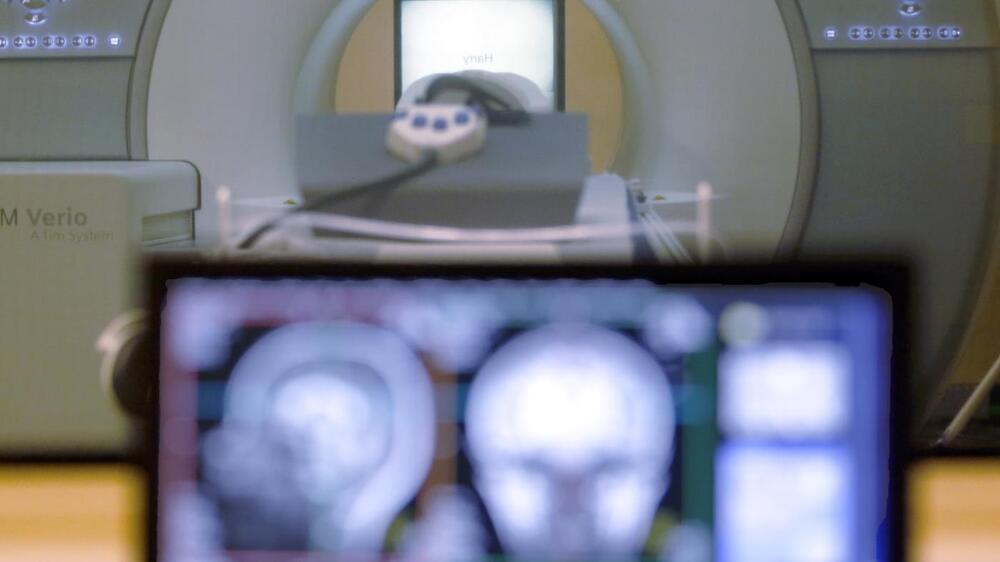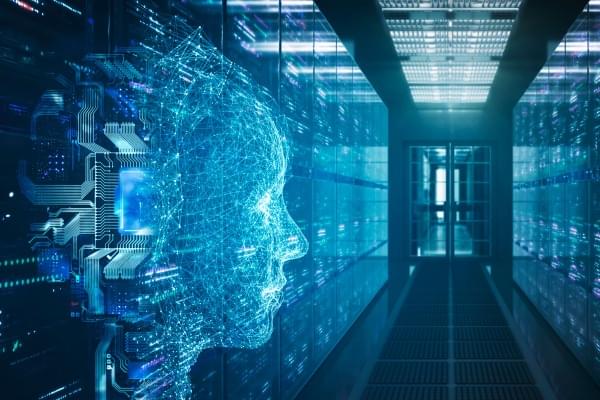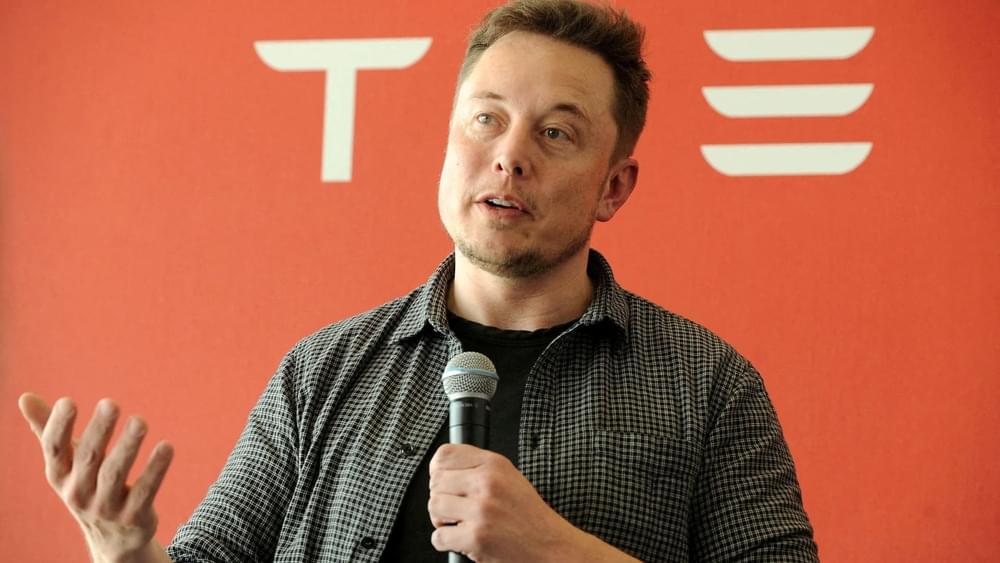University of Alberta researchers have trained a machine learning model to identify people with post-traumatic stress disorder with 80 per cent accuracy by analyzing text data.



Chemical biology professor, Suyang Xu, works to crack the secrets of new states of matter.
Throughout human history, most of our efforts to store information, from knots and oracle bones to bamboo markings and the written word, boil down to two techniques: using characters or shapes to represent information. Today, huge amounts of information are stored on silicon wafers with zeros and ones, but a new material at the border of quantum chemistry and quantum physics could enable vast improvements in storage.
Suyang Xu, assistant professor of chemical biology, is tying quantum mechanical “knots” in topological materials, which may be the key to unlocking the potential of quantum technologies to store and process vast arrays of information and bring game-changing advances in a variety of fields.
“Imagine a rope identified by a number of knots,” Xu said. “No matter how much the shape of the rope is changed, the number of knots — known as the topological number — cannot be changed without altering its fundamental identity by adding or undoing knots.” It is this robustness that potentially makes topological materials particularly useful.


The TechCrunch Global Affairs Project examines the increasingly intertwined relationship between the tech sector and global politics.
Geopolitical actors have always used technology to further their goals. Unlike other technologies, artificial intelligence (AI) is far more than a mere tool. We do not want to anthropomorphize AI or suggest that it has intentions of its own. It is not — yet — a moral agent. But it is fast becoming a primary determinant of our collective destiny. We believe that because of AI’s unique characteristics — and its impact on other fields, from biotechnologies to nanotechnologies — it is already threatening the foundations of global peace and security.
The rapid rate of AI technological development, paired with the breadth of new applications (the global AI market size is expected to grow more than ninefold from 2020 to 2028) means AI systems are being widely deployed without sufficient legal oversight or full consideration of their ethical impacts. This gap, often referred to as the pacing problem, has left legislatures and executive branches simply unable to cope.
If they are dead, why do they still win Kaggle Competitions?

A new supplement that stimulates a natural body process also promotes muscle recovery in humans. New research indicates that urolithin A can play an important role in improving muscles and prolonging activity – this is especially important as muscles decline with age, exposing us to the dangers of frailty.
Longevity. Technology sponsored content: As fast as we are unlocking the secrets of urolithin A we are also discovering obstacles. Urolithin A boosts mitochondrial and muscle function for sure, but it’s a metabolite, meaning it is made by the body from raw materials that we get from fruits, especially pomegranates; however, not everyone can make sufficient quantities of this antiaging molecule, and that’s where Mitopure steps in.
It seems to be universally accepted that the older we get, the more easily we get tired and the less energy we have – but perhaps it doesn’t have to be this way. The secret lies in our mitochondria, tiny organelles that pack a mighty punch when it comes to energy production. These minute powerhouses take oxygen and glucose and create a chemical called adenosine triphosphate (ATP) and this is the energy our bodies use for movement, growth and repair.

Genentech’s Gregory Rippon, M.D., associates a few different phrases with the challenging nature of Alzheimer’s disease drug development: “cautious optimism,” “steady progress,” “an exercise in per | Genentech has been working on gantenerumab for 20 years, and, while it’s tempting to try to rush the clinical process, the Roche unit is slowly but surely following the evidence.

CMS officials disagree with the FDA’s reasoning, and are likely worried about the cost of covering a medication for hundreds of thousands of beneficiaries who might seek the treatment if it was broadly covered by Medicare. While CMS’s concern for taxpayers is understandable, it’s the FDA — not CMS — that has the statutory authority and deep medical expertise to assess a drug for approval. And Aduhelm passed the FDA’s assessment.
CMS arguably overstepped the bounds of its authority. Its decision is a huge blow to millions of Americans living with Alzheimer’s and their families. They are the losers in CMS’s decision, not only from the severe restriction on access to Aduhelm but also from its chilling effect on the development of other disease-modifying agents for people with Alzheimer’s. If CMS won’t pay for a treatment after the FDA legally approves it, why should a company bother pursuing this pathway?
CMS’s decision will affect the exploration for new treatments for Alzheimer’s for years, just at the time when new drugs appear to be making progress against this terrible disease.

Elon Musk tweeted Tesla may get into the lithium mining and refining business directly and at scale because the cost of the metal, a key component in manufacturing batteries, has gotten so high.
“Price of lithium has gone to insane levels,” Musk tweeted. “There is no shortage of the element itself, as lithium is almost everywhere on Earth, but pace of extraction/refinement is slow.”
The Tesla and SpaceX tech boss was responding to a tweet showing the average price of lithium per tonne in the last two decades, which showed a massive increase in prices since 2021. According to Benchmark Mineral Intelligence, the cost of the metal has gone up more than 480% in the last year.